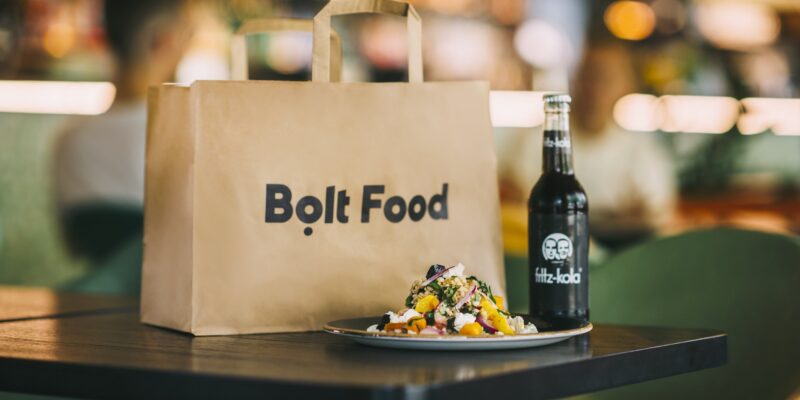Taxi-hailing service Bolt announced its plans of venturing into food delivery in Kenya. This is set to target alternative revenue streams as the market’s mobility has clearly been affected by the COVID-19 restrictions.
The company advertised its position of Country Manager for its food delivery division in Kenya signalling the beginning of operations by the end of 2020.
“We’re already present in 30+ markets across Europe and Africa. Now, it’s time for us to bring the know-how around building a mobility platform to the food delivery industry,” read the notice by the firm on the recruitment.
Food delivery business has seen impressive growth in 2020, especially for Bolt’s rival Uber. This was made clear in Uber’s latest Q2 financials showing that delivery more than doubled while rides still declined significantly.
This is owed hugely to the series of restrictions that were put in place since March. The transport and restaurant industries were and still remain to be among the hardest hit.
Restaurants were initially permitted to only operate on take-away orders. Later on, sit-in customers were allowed but only under strict social distancing measures and restricted hours of operation.
With time, it seemed like the measures were reduced almost by half as the number of customers at eateries appeared to increase. But it is still not the same as it was before all this happened.
The food industry has then had to become more reliant on online apps to deliver food to consumers at their doorsteps.
Popular eateries have launched e-commerce sites on delivery services like Jumia Food, Uber Eats and Glovo among more. Bolt would then look to add on to the list of platforms that offer the same services in collaboration with restaurants. No price charges have been revealed yet although other services charge between KES 50 and KES 200 depending on the distance.






Comments